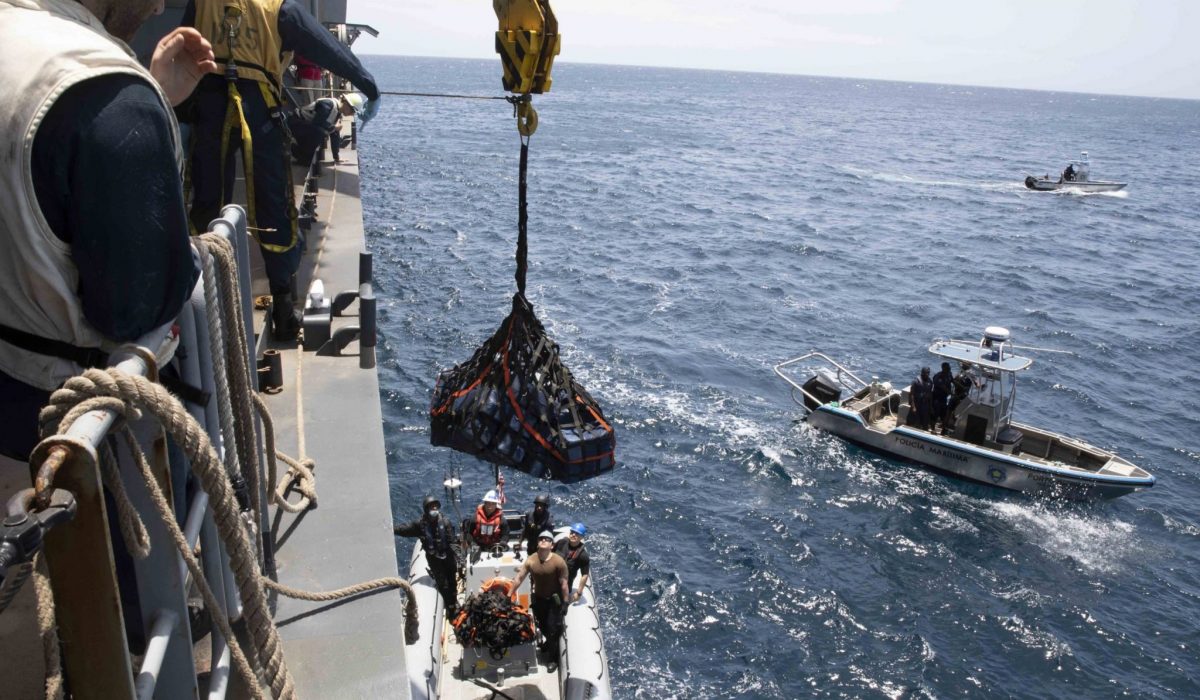The ocean is a vast and complex ecosystem that covers more than 70% of the Earth's surface. It is a vital resource for human life, providing food, energy, and transportation for billions of people around the world. Despite its importance, the issue of ocean ownership and control is a contentious and complex topic that has been the subject of much debate and discussion for centuries.
I. Territorial Waters and Exclusive Economic Zone
Territorial waters are defined as the area of ocean that extends up to 12 nautical miles (22.2 km) from a country's coastline. Within these waters, a country has full sovereignty and control over all activities, including fishing, mining, and oil exploration. Beyond the territorial waters, there is an exclusive economic zone (EEZ), which extends up to 200 nautical miles (370.4 km) from a country's coastline. In this area, a country has exclusive rights to exploit the natural resources, including fish stocks and oil reserves.
II. International Waters and High Seas
International waters, also known as the high seas, are the areas of the ocean that lie beyond a country's territorial waters and exclusive economic zone. These waters are considered to be part of the global commons and are subject to the principles of international law. In theory, all nations have equal access to these waters and can engage in activities such as fishing, shipping, and scientific research.
III. The Concept of Common Heritage of Mankind
The concept of the common heritage of mankind is a principle of international law that asserts that certain resources, such as the ocean and outer space, belong to all humanity and should be protected and managed for the benefit of future generations. This concept is enshrined in the United Nations Convention on the Law of the Sea (UNCLOS) and has been the subject of much debate and controversy.
IV. Conclusion
In conclusion, the issue of ocean ownership and control is a complex and contentious topic that involves a range of legal principles and treaties. While countries have some control over their territorial waters and exclusive economic zones, the ocean is ultimately a shared resource that must be protected and managed for the benefit of all humanity. The concept of the common heritage of mankind provides a framework for managing this vital resource in a sustainable and equitable manner.



